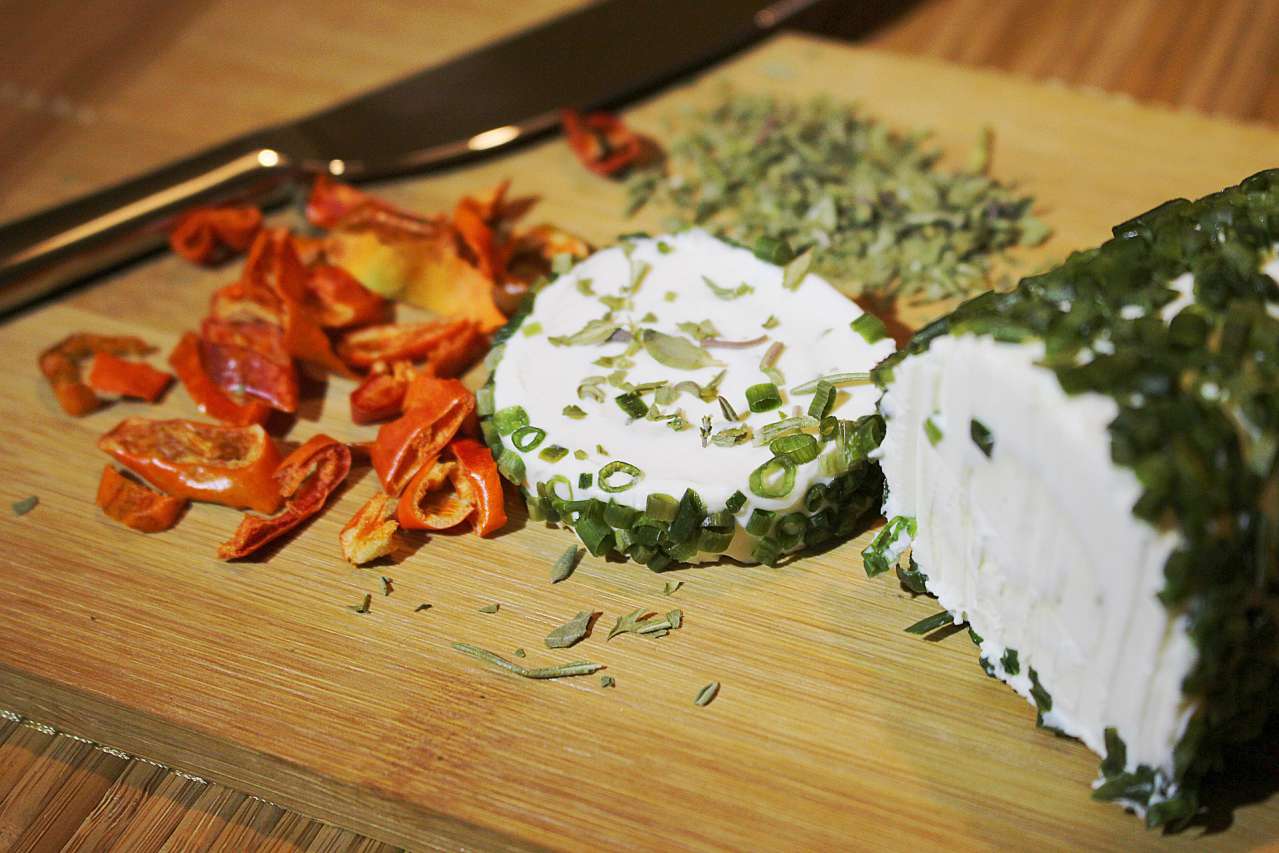Goat Cheese: Health Benefits

Goat's milk has a higher concentration of specific fatty acids but less protein than cow's milk. These acids give goat cheese its signature tangy flavor, while the reduced amount of milk protein makes it soft and creamy in texture.
Benefits of goat cheese
Goat cheese is good for the elderly as it prevents bone breakdown. The product is also necessary for the proper formation of the skeletal system in children. Goat cheese contains beneficial bacteria that promote easy digestion of food and improve the functioning of the gastrointestinal tract.
The immune and nervous systems are strengthened by B vitamins, which are also abundant in goat cheese. An important trace element in goat cheese is zinc. It helps to create a protective barrier against viruses and bacteria in the body. Doctors recommend zinc along with vitamin D for the prevention and suppression of viruses.
How to eat goat cheese
An ideal combination from both a gastronomic and nutritional point of view. High in protein and fat, cheese pairs well with low-calorie tomatoes, cucumbers, herbs, and green salad. From a gustatory point of view, the saltiness of the cheese gives the fresh salad the right angle.
How to Store Goat Cheese in the Refrigerator
Goat and sheep cheeses are the most short-lived. They are recommended to be stored in the refrigerator for no longer than 3 days. Be sure to package these flavorful cheeses carefully and keep them away from butter and patés. You need to keep blue cheese in cling film.
